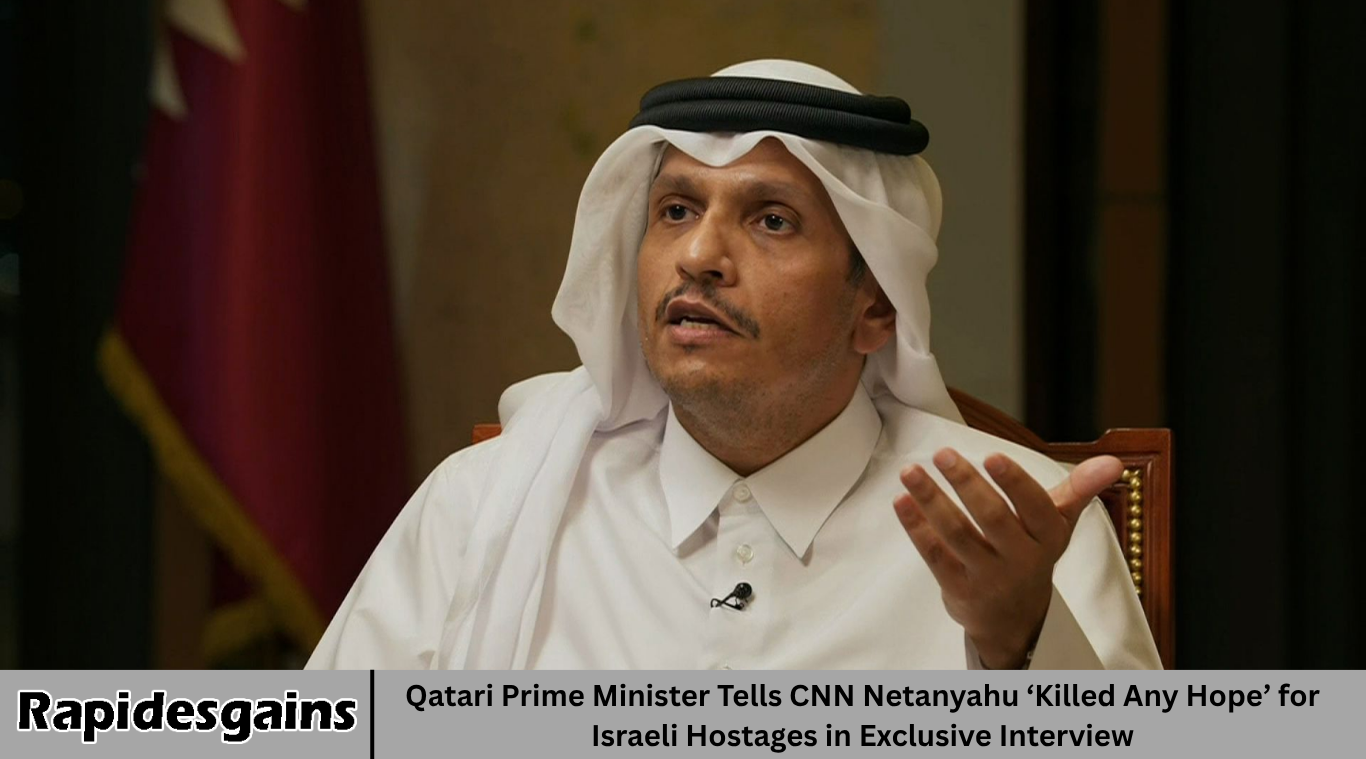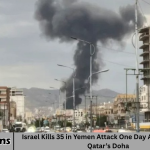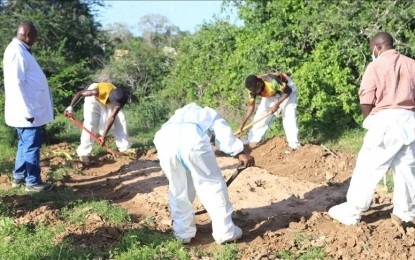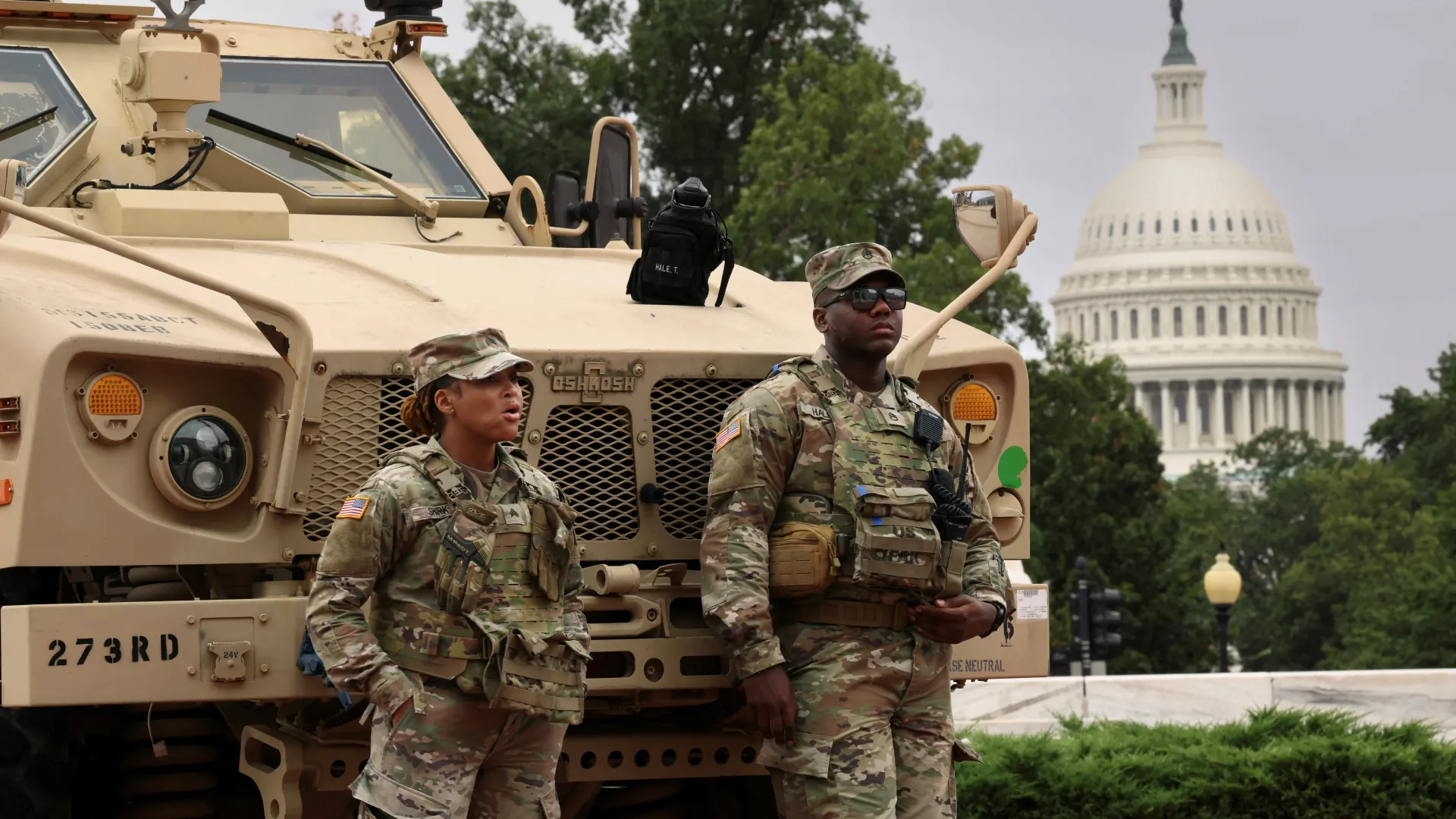In a recent exclusive interview with CNN, the Qatari Prime Minister made a powerful statement about the ongoing conflict involving Israel and the fate of Israeli hostages. He said that Israeli Prime Minister Benjamin Netanyahu has “killed any hope” for the safe release of the hostages. This strong remark highlights the deep tensions and frustrations surrounding the crisis.
This article will explore the details of the interview, the background of the hostage situation, and the broader implications for peace efforts in the region. We will also look at Qatar’s role in the conflict and what this means for future negotiations.
Background of the Hostage Crisis
The hostage crisis involving Israel has been a major point of concern for many countries. Hostages have been taken during recent conflicts, sparking international attention and calls for their safe return. This situation has created a humanitarian emergency and complicated diplomatic efforts.
The involvement of Hamas and other groups has further intensified the conflict. The hostages’ wellbeing remains uncertain, and their release is critical to reducing tensions in the region.
Qatar’s Role in the Conflict
Qatar has often played a diplomatic role in Middle Eastern conflicts. It has acted as a mediator in various peace talks and negotiations. The country has also been involved in humanitarian efforts to support affected populations.
In the context of the Israeli hostages, Qatar has expressed concern and sought ways to help secure their release. The Qatari Prime Minister’s comments reflect the frustration with the current state of affairs and the perceived lack of progress.
The Interview with CNN
During the CNN interview, the Qatari Prime Minister directly addressed the role of Israeli leadership, especially Prime Minister Benjamin Netanyahu. He accused Netanyahu of destroying any hope for a peaceful resolution to the hostage situation.
This statement suggests a belief that current policies and actions by Israel may be worsening the crisis rather than helping to resolve it. The Prime Minister’s words highlight the deep divisions and challenges facing any diplomatic solutions.
Impact on Peace Efforts
The Prime Minister’s remarks add a new layer to the already complex peace process in the region. Such strong language indicates that trust between parties may be eroding.
Efforts to negotiate the hostages’ release require cooperation and goodwill from all sides. Statements like these can harden positions and make dialogue more difficult. However, they also bring attention to the urgent need for resolution.
Regional and International Reactions
The interview and its statements have drawn reactions from various countries and international organizations. Some have expressed support for Qatar’s position, while others have called for calm and renewed diplomacy.
The situation remains tense, with many watching closely to see how these comments influence future negotiations and the broader conflict.
Future Prospects for Hostage Release
Despite the grim outlook expressed by the Qatari Prime Minister, there remains hope among diplomats and humanitarian groups. Efforts continue behind the scenes to find ways to free the hostages safely.
International pressure and mediation may still play a critical role. The situation requires careful navigation to avoid further escalation and to protect innocent lives.
Frequently Asked Questions
What led to the hostage crisis involving Israel?
The hostage crisis arose from conflicts between Israel and militant groups, including Hamas, leading to kidnappings during escalated violence.
What role does Qatar play in Middle East peace efforts?
Qatar often acts as a mediator in regional conflicts and supports humanitarian efforts aimed at reducing tensions and aiding affected populations.
Why did the Qatari Prime Minister criticize Netanyahu?
He believes Netanyahu’s policies and actions have worsened the hostage situation, destroying chances for peaceful resolution.
How have international communities reacted to the hostage crisis?
Reactions vary, with some supporting diplomatic efforts and others calling for restraint and renewed negotiations to resolve the crisis.
What are the chances of the hostages being released safely?
While the situation is difficult, ongoing diplomatic and humanitarian efforts continue to seek their safe release.
How does this crisis affect peace talks in the region?
It complicates peace efforts by increasing mistrust and hardening positions among the parties involved.
What can be done to improve the situation?
Increased dialogue, mediation, and international cooperation are essential to finding a peaceful and lasting solution.
Conclusion
The Qatari Prime Minister’s statement to CNN that Netanyahu has “killed any hope” for the Israeli hostages underscores the deep frustration and complexity of the conflict. It highlights the challenges facing peace efforts and the urgent need for dialogue and cooperation.
As the situation develops, the world watches closely, hoping for a peaceful resolution that ensures the safe return of the hostages and a step towards stability in the region.











